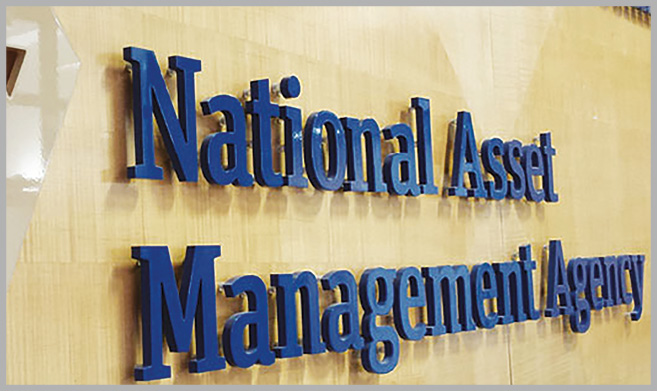Commission established to examine Project Eagle


The Irish Government has set up an inquiry into the biggest property deal in Northern Ireland’s history focussing on whether decisions taken by Dublin and Stormont’s leaders were appropriate.
In May, the Irish Government announced the terms of reference for a Commission of Investigation into NAMA’s controversial sale of Project Eagle, seeking to find out if the price and disposal method were appropriate, if any conflicts of interest arose, and, if so, were they managed appropriately.
The commission was sought following a damning report of NAMA’s Project Eagle sale by the Public Accounts Committee (PAC). NAMA has been forced to defend itself after a report into the strategy for the sale of its Northern Ireland loan portfolio described it as “seriously deficient”.
Included in the €800 million recorded losses for the portfolio between 2010 to 2014, the PAC supported the C&AG’s original finding that the sale itself resulted in potential losses of £190 million for the Irish taxpayer and points further to ill-design in the sales process and failures of corporate governance.
While the estimations of price and value of the assets at varying times are somewhat speculative and have been challenged by those contesting the report, other findings are more substantive. These include a failure to remove businessman Frank Cushnahan at an earlier stage over conflicts of interest before his eventual resignation, and a failure to inform NAMA’s board about potential losses by setting a £1.3 billion reserve price in 2014.
The report also said that key elements of the eventual sale were “influenced” by Pimco, the US firm who expressed initial interest in buying the portfolio as a whole, but who later withdrew from the process after discovering the inclusion of a potential £16 million ‘finder’s fee’.
NAMA responded to the finding that it failed to demonstrate that it got value for money for the sale by re-stating its belief that the sale provided a better financial outcome than any alternative monetisation strategy. A further hotly contested criticism included in the findings is Finance Minister Michael Noonan’s meetings with eventual buyers Cerberus were “not procedurally appropriate”. The report includes a letter from the Finance Minister contesting the finding.
The Commission of Investigation terms of reference makes specific reference to Noonan, stating that it will seek to find if decisions and actions taken by him “including communications with members and officials of the Northern Ireland Executive and meetings with potential bidders, were appropriate in the circumstances”.
The commission has also been given powers to investigate anything arising out of State in so far as it is practical. However, like the PAC inquiry, the Commission of Investigation will lack the power to compel witnesses and for the discovery of documents in Northern Ireland.
The Northern Ireland sale is being investigated by the UK’s National Crime Agency. The Commission of Investigation report is expected to report in June of next year.





